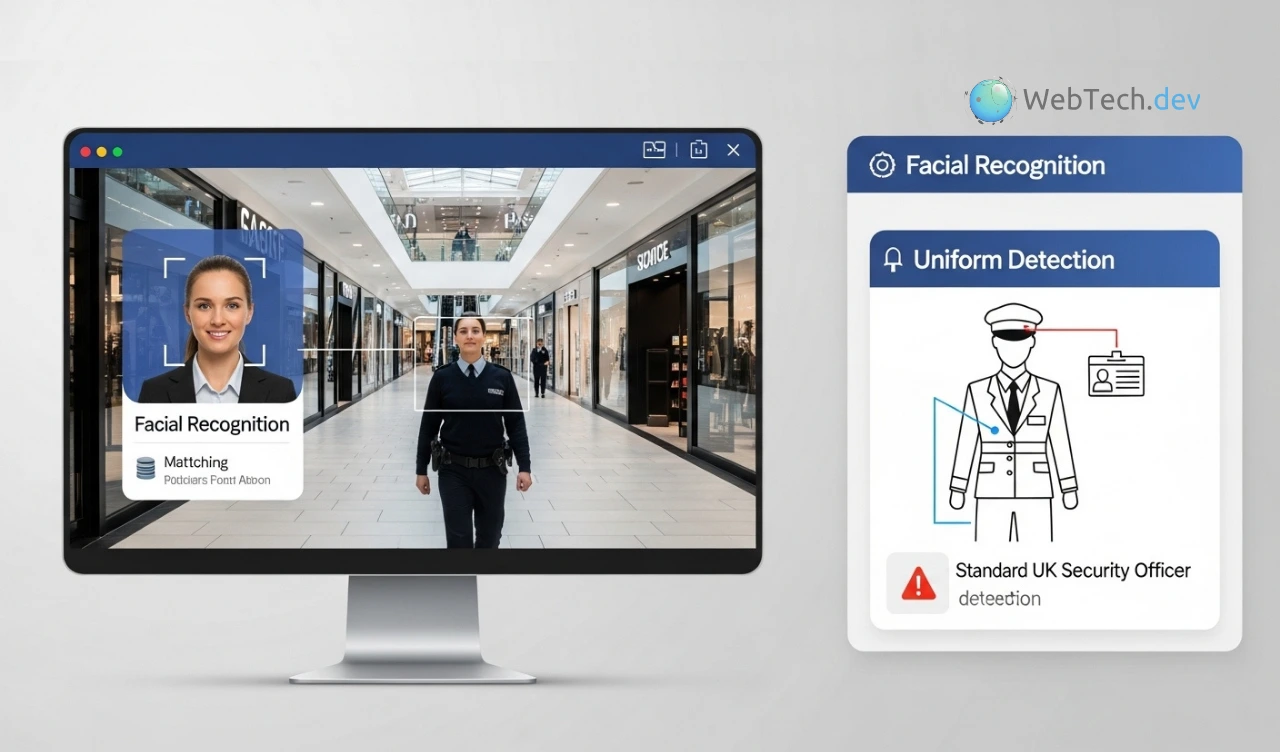In today's digital landscape, selecting the right software development partner is crucial for the success of your project. Whether you're launching a startup or scaling an existing business, the right partner can make or break your venture. In the UK, where the tech industry is thriving, choosing a suitable software development partner requires careful consideration. Here are some key factors to keep in mind to ensure you make the best choice for your business needs.
1. Define Your Project Scope and Goals
Before beginning your search, clearly define the scope and objectives of your project. Outline what you need from your software, including functionality, performance requirements, and timeline. A well-defined project scope will help you communicate your needs effectively and assess potential partners based on their ability to meet those needs.
2. Evaluate Technical Expertise
A critical aspect of choosing a software development partner is assessing their technical expertise. Look for a partner with a strong track record in the technologies and platforms relevant to your project. For instance, if your project involves web development, ensure they have experience with modern frameworks such as React, Angular, or Vue.js. For backend solutions, expertise in languages like Python, Java, or PHP might be essential.
3. Check for Industry Experience
Experience in your specific industry can be a significant advantage. An experienced partner will understand the nuances of your industry and be better equipped to offer tailored solutions. For example, a partner with a background in fintech will be more adept at handling regulatory compliance and financial data management.
4. Assess Their Portfolio and Case Studies
Review the partner’s portfolio and case studies to gauge their capability and quality of work. Look for projects similar to yours in complexity and scale. This will provide insights into their problem-solving skills and creativity. Don't hesitate to ask for references or testimonials from previous clients to further validate their work.
5. Evaluate Communication and Collaboration Skills
Effective communication is key to a successful partnership. Ensure the development team is responsive and transparent in their communication. Evaluate their collaboration process—how do they handle feedback, updates, and changes? A partner with strong communication skills will facilitate smoother project execution and help address any issues promptly.
6. Consider Cultural and Time Zone Compatibility
Cultural alignment and time zone differences can impact the efficiency of the collaboration. Choose a partner whose work culture aligns with yours and who is in a compatible time zone for regular communication. If working with a partner in a different time zone, ensure they have processes in place to manage remote collaboration effectively.
7. Evaluate Their Development Process
Understanding the development process of your potential partner is crucial. Look for methodologies they employ, such as Agile or Scrum. Agile practices can offer flexibility and iterative improvements, which might be beneficial for your project. Ensure their development process aligns with your expectations and project requirements.
8. Review Their Support and Maintenance Services
Software development doesn’t end with deployment. Ongoing support and maintenance are vital for addressing issues and making updates. Confirm that the partner provides post-launch support and maintenance services. Understand their approach to handling bug fixes, updates, and enhancements.
9. Assess Cost and Budget
While cost shouldn’t be the sole deciding factor, it is important to consider. Obtain detailed proposals and compare costs, but be wary of exceptionally low bids, which might indicate subpar quality. Ensure that the cost aligns with the value and expertise offered by the partner.
10. Check for Compliance and Security Standards
Ensure that the partner adheres to industry standards for compliance and security. This is especially important if your project involves sensitive data or requires adherence to regulations such as GDPR. A reliable partner will implement robust security measures and compliance protocols to protect your data and ensure regulatory adherence.





